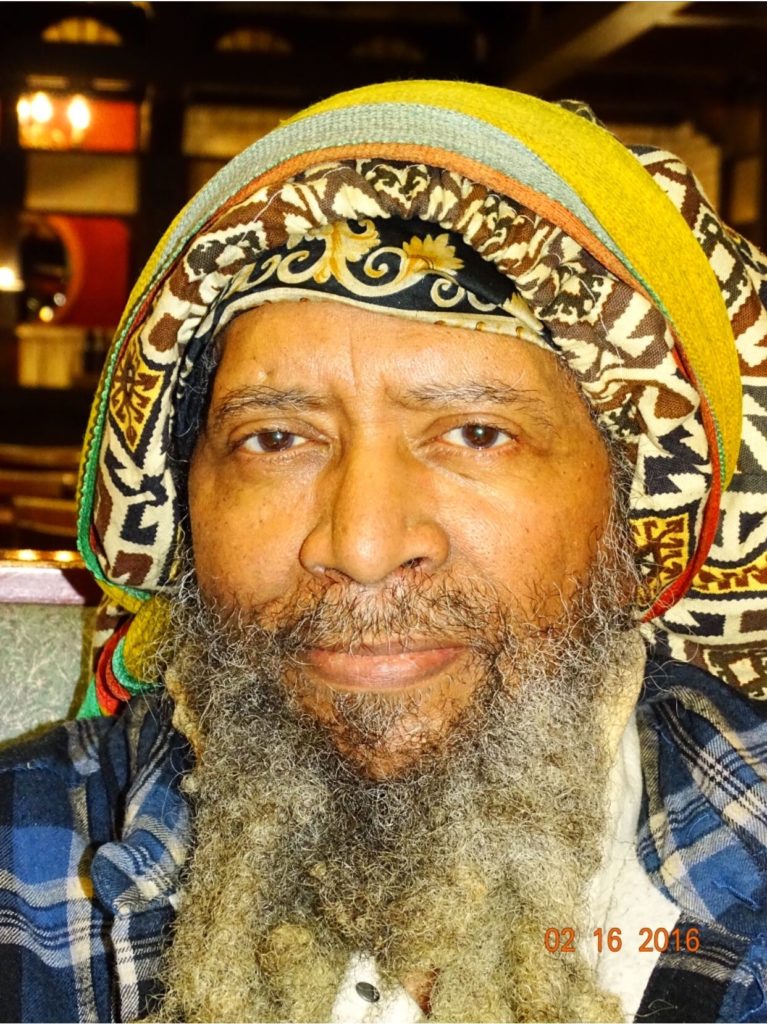The first day Charles Dudley (67C) set foot on Emory’s campus was the same day Martin Luther King Jr. delivered his “I Have a Dream” speech. It seemed that change was on the horizon. And it was — Charles Dudley crossed a “new frontier” as the first black student to graduate from Emory College.
A major in history pursuing a pre-medicine track, Charles Dudley said he found appeal in Emory’s status as a “free-thought university.” That freedom also welcomed voices of white supremacy, which students promoted by wearing Nazi wristbands and painting Swastikas on the buildings.
According to Charles Dudley, the University lacked resources to handle issues of discrimination and race relations at the time. Previously, only two African American students – Verdelle Bellamy (63N) and Allie Saxon (63N) –had graduated from the Emory University Nell Hodgson Woodruff School of Nursing.
As a result, Dudley sometimes found himself in tough situations.
“He used to sit quietly in a corner while others would look at him and stare at him, and [they] would gather that he is not confrontational,” Charles’ older brother Julius W. Dudley said. “In some situations, it would be difficult for [Charles] to challenge them vigorously because he did not have any person of color there to help support him.”

Charles Dudley (67C), Emory College’s first black student./Photo courtesy Charles Dudley.
His advisors helped him overcome the prejudices that inhibited his participation on campus. Still, he also found camaraderie in the men’s chorus group and said he formed enduring bonds with friends and professors in the Emory community.
“My focus was not to correct their prejudices or biases,” Charles Dudley said. “My mission was to get through the university system [and] I had some very good advisers who were shepherding me through the university experience. I had brilliant, open-minded students and professors who were embracing me.”
Charles Dudley also sought cultural ties in relationships with cafeteria and maintenance staff, most of whom were people of color.
“[The staff that I befriended] would be happy to see me because it was like a real hope for them that change was happening [in the world],” Charles Dudley said.
Although he was able to overcome the prejudice and participate on campus, not every student of color had a similar experience.
“There were a lot of students of color that decided to leave because they were feeling uncomfortable with being mistreated,” Charles Dudley said. “They had issues with the way things were. … They were used to coming from an all-black community and did not have the support team in order to survive.”
University Historian and Senior Adviser to the President Gary Hauk reported one such case with former Emory Black Student Alliance President J. “Hank” Henry Ambrose Sr., who took a semester off during his senior year in 1969. Rather than return for the fall session to complete graduation requirements, Ambrose enrolled in the Peace Corps college degree program at The State University of New York at Brockport, NY.
“Once students were admitted, they did not necessarily find hospitable communities,” Hauk said. “Just opening the door is not sufficient. You have to open the door, provide a seat and create a sense of belonging, and that wasn’t always there for some of them.”
However, having received numerous scholarship offers to attend other private colleges in Atlanta, Charles Dudley admitted that Emory was not initially his top choice. He had initially intended to commit to the historically all-black Morehouse College. It was Morehouse College President Benjamin E. Mays who changed Charles Dudley’s mind. Mays thought, that due to the revolutionary aspects happening during the civil right movement, Charles Dudley could impact college admission at predominantly white schools.
According to The Journal of Blacks in Higher Education, Emory paved the way for increased college admission for African Americans in the south. In 1962, Emory v. Nash ruled in favor of allowing Emory to “consider the applications of students without regard to color or race,” while retaining tax-exempt status in Georgia.
“I think [my attending Emory] changed the whole mindset that [integration] was not doable,” Charles Dudley said.
After graduating from Emory, Charles Dudley served in the U.S. Army from 1967-69 and later worked as a life support technician at the Emory University Hospital, under Chief of the Thoracic Surgery Department Charles Hatcher from 1969-72. In 1975, he moved to Canada, where, by 1979, he had become active in developing awareness of Black History in British Columbia.
Currently living in Vancouver, British Columbia, Charles Dudley has partnered with the Union of British Columbia Indian Chiefs, hosted academic conferences and worked with the University of British Columbia to inform his local community about multicultural groups and share the stories of aboriginal people.
The next ‘frontier’ he hopes to cross is by reconciling Emory’s campus as previously Cherokee-held land. Following a discussion with former University President William M. Chace in 1997, Dudley hopes that Emory will add a traditional Native American totem pole that honors the legacy of the indigenous groups.
“Through the ancestral teachings of indigenous people, it’s very imperative that we do the right thing for the future generations; otherwise, we are not being … good steward[s],” Charles Dudley said. “To be a good steward is to leave the place in a better state than we found it and to help people learn to love each other.”
Correction (4/18/19 at 8:00 p.m.): A previous version of this article incorrectly referred to Julius W. Dudley as James W. Dudley. The article has been updated to correct his name.
Varun Gupta (20C) is studying political science and philosophy. He seeks discomfort by shadowing people in different professions, such as campus security, a sous chef and bar manager. Apart from the Wheel, you can catch him playing ultimate frisbee or recounting a crazy travel experience from one of 21 different countries that he has visited.


